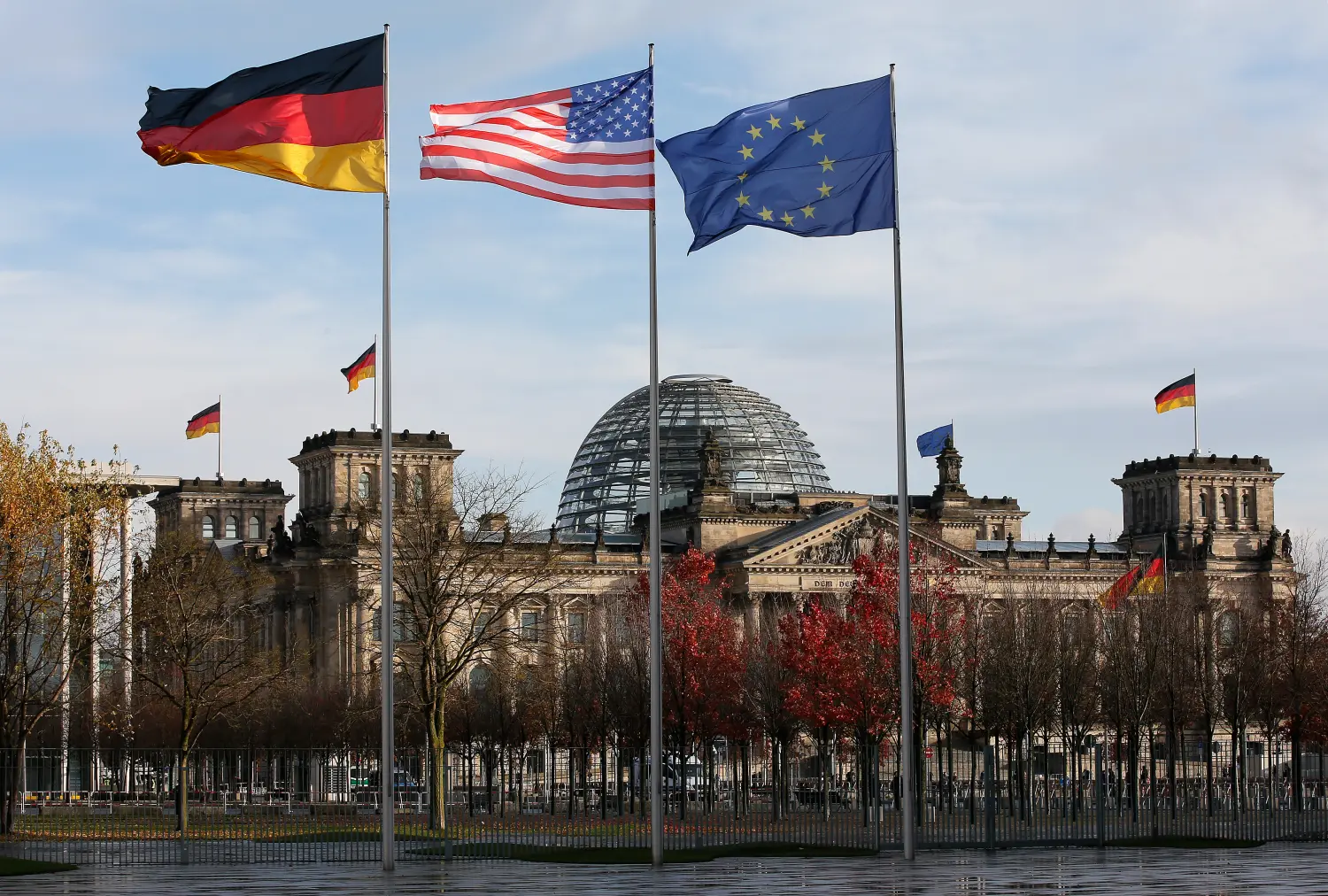France’s relationship with Europe is paradoxical. On one hand, France has long been a strong supporter of the idea of a united Europe. Aristide Briand, Jean Monnet and Robert Schuman were the founding fathers of European integration. This enthusiasm also stems from the intellectual, idealistic and universal dimensions of French philosophy. But France is also a country with a long history as a nation-state and an early experience with global power. Even when France’s position within Europe was weakened during the 19th century as a result of the rising power of Germany, France was able to maintain its importance in the global arena. It found solace in its colonial adventures and by 1914 was the second largest colonial empire in the world. And even when the Cold War forced Europe to rely on the United States, France was quick to demonstrate its independence and weight during the presidency of Charles de Gaulle.
Since the break-up of the Soviet bloc and the reunification of Germany, France’s place at the center of Europe has become threatened. France’s reaction was to step up its attempts to bring about European integration, especially through promotion of the single currency. France decided also to help to create a political Europe (“Europe puissance”) by promoting the Common Foreign and Security Policy (CFSP) and by re-launching a common European security and defense policy (ESDP), together with the UK, at the 1998 St. Malo Summit.
Three lessons about France’s approach to Europe derive from the past and apply to the present. First, the concept of Europe is popular in France and is perceived by many as a way of avoiding both the conflicts of European history and the problems of a balance of power in Europe.
View Full Article (PDF—87kb) Get Adobe Acrobat Reader
The Brookings Institution is committed to quality, independence, and impact.
We are supported by a diverse array of funders. In line with our values and policies, each Brookings publication represents the sole views of its author(s).




Commentary
France and Europe: An Ambivalent Relationship
September 1, 2004